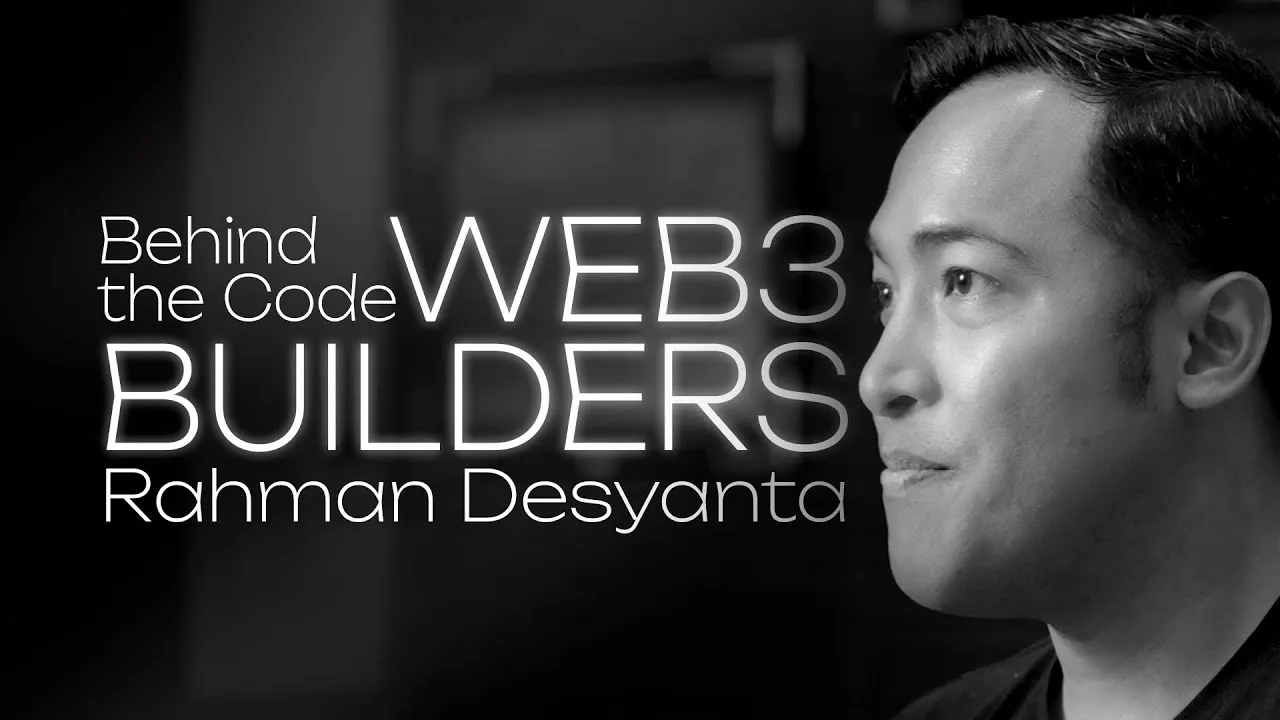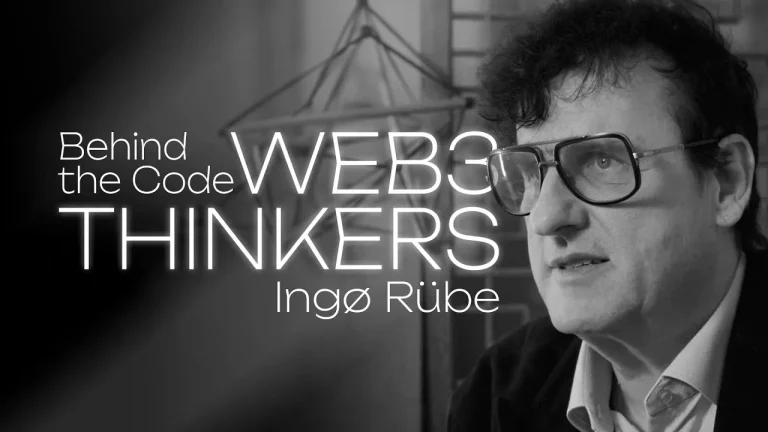Indonesia, an archipelago of over 17,000 islands, is the world’s fourth most populous country, with a vibrant cultural tapestry woven from hundreds of ethnic groups and languages. As the nation strides into the digital era, the challenges of governance, data management, and equitable development across its vast and diverse regions have become increasingly complex. Enter the Mandala Blockchain, a revolutionary initiative aimed at unifying the country’s digital infrastructure while preserving its decentralized cultural essence. This article delves into how the Mandala Blockchain, through the vision of Web3 builders, is set to reshape Indonesia’s future.
The Need for a Unified Digital Infrastructure
Indonesia’s governance and data management challenges stem from its decentralized nature. Each city, regency, and province operates semi-autonomously, leading to data silos and inconsistencies that hamper efficient decision-making. For instance, discrepancies in population data between government departments are common, complicating resource allocation and policy implementation. This fragmentation is a bottleneck for the country’s ambition to become a global digital leader by 2045, a goal that requires seamless integration across all levels of government and society.
Mandala Blockchain offers a solution by providing a decentralized yet interconnected platform where local governments can maintain control over their data while ensuring interoperability with other regions. This approach aligns with Indonesia’s cultural history of decentralized governance, where communities have long practiced consensus-driven decision-making, a concept remarkably similar to blockchain’s consensus mechanisms.
The Cultural Resonance of Blockchain in Indonesia
Blockchain technology, while new in its digital form, resonates deeply with Indonesia’s cultural practices. The concept of decentralization is not foreign to Indonesians; it is embedded in the country’s history. Bali, for example, has long operated under a decentralized governance system where small kingdoms and communities functioned autonomously, collaborating through forums and consensus. This historical context provides a fertile ground for the acceptance and integration of blockchain technology in modern governance.
Mandala Blockchain capitalizes on this cultural alignment by promoting a system where each region or community can create its own blockchain governance while remaining interconnected with the broader national network. This not only preserves local autonomy but also enhances transparency and trust in governance, addressing the long-standing issue of data integrity and protection in Indonesia.
Mandala Blockchain: A Solution Tailored for Indonesia
The Mandala Blockchain is designed to address specific challenges faced by Indonesia. It offers a permissioned blockchain network where governments, enterprises, and the public can seamlessly integrate their operations. Local governments can create their own blockchains, manage their data, and establish governance structures that suit their needs, all while remaining part of a larger interoperable network.
One of the standout features of the Mandala Blockchain is its layered architecture, inspired by the traditional Balinese concept of “Mandala”. The network is structured into three layers:
- Utama Mandala (Core Layer): This is the foundational layer where the main network operates, akin to the sacred center of a temple in Balinese culture. It serves as the permissioned layer where the core blockchain functionalities are housed, ensuring data integrity and security.
- Madia Mandala (Interaction Layer): This middle layer facilitates interactions between different blockchains within the network. It is where adoption happens, allowing various stakeholders to engage, transact, and collaborate across the network.
- Sudra Mandala (Common Layer): This outer layer represents the broader, non-technical interactions with the blockchain, making it accessible to the general public and everyday applications.
This layered approach not only mirrors the cultural significance of the Mandala in Balinese society but also ensures that the blockchain network is adaptable, secure, and scalable to meet the diverse needs of Indonesia’s population.
Addressing Key Sectors with Mandala Blockchain
Mandala Blockchain’s potential extends across various sectors, each critical to Indonesia’s development goals.
- Digital Identity and Certification: One of the first use cases being explored is digital identity management. By leveraging blockchain, Indonesia aims to streamline identity verification processes, reducing fraud and ensuring that citizens have secure control over their personal data. The integration with Indonesia’s top-level domain, “.id”, further reinforces the national identity within the digital space.
- Medical Records Management: In a country as vast as Indonesia, access to medical records across different regions is a significant challenge. Mandala Blockchain’s medical record management system allows patients to control their medical data, granting access to healthcare providers as needed while ensuring data privacy and security.
- Supply Chain and Trade: Indonesia’s geography poses challenges for supply chain management, particularly in remote regions. Mandala Blockchain offers a transparent and secure way to track goods, ensuring that supply chains are efficient and reliable, which is crucial for maintaining price stability across the country.
- Microfinance and Cooperative Governance: With a large population engaged in microfinance and cooperative activities, ensuring transparent and fair governance is essential. Mandala Blockchain provides a framework for managing these financial ecosystems, reducing fraud and increasing trust among participants.
- Property and Real Estate: Tokenization of real estate is another area where Mandala Blockchain is making inroads. By enabling the fractional ownership of property, blockchain technology can make real estate investments more accessible to a broader segment of the population, driving economic growth.
The Role of Web3 Builders in Indonesia’s Digital Transformation
The success of the Mandala Blockchain hinges on the efforts of Web3 builders who are at the forefront of this digital revolution. These developers, many of whom are part of the Mandala Chain Academy, are being trained to harness the power of blockchain technology to build solutions that are tailored to Indonesia’s unique needs.
The Mandala Chain Academy, set to launch in September, is a critical initiative aimed at bridging the talent gap in blockchain development. With partnerships with universities and local institutions, the academy will provide specialized training to produce a new generation of blockchain developers who can drive the country’s digital transformation.
The Path Forward: Indonesia’s Leap into the Digital Future
As Indonesia moves towards its goal of becoming a global digital leader by 2045, the Mandala Blockchain stands as a cornerstone of this transformation. By uniting the country’s diverse regions and cultures through a decentralized yet interconnected digital infrastructure, Mandala Blockchain is not just a technological innovation; it is a reflection of Indonesia’s identity and aspirations.
The journey of integrating blockchain into the fabric of Indonesia’s governance and society is just beginning. However, with the concerted efforts of Web3 builders, government support, and a culturally resonant approach, the Mandala Blockchain is poised to play a pivotal role in shaping Indonesia’s digital future.
In the coming years, as the Mandala Blockchain expands its reach and capabilities, Indonesia will be better equipped to address the challenges of the modern world, from data integrity and security to equitable development and global competitiveness. Through the lens of Web3, Indonesia’s leap into the digital future is not just about technology; it is about preserving and enhancing the values that have defined the nation for centuries.
Conclusion
The Mandala Blockchain represents a unique fusion of technology and culture, offering a solution that is deeply rooted in Indonesia’s historical context while addressing the modern challenges of governance and data management. As Web3 builders continue to innovate and develop this platform, Indonesia is set to become a beacon of digital transformation, not just in Southeast Asia, but globally.
This journey is a testament to the power of technology to unite, empower, and transform, and the Mandala Blockchain is at the heart of Indonesia’s digital renaissance.








